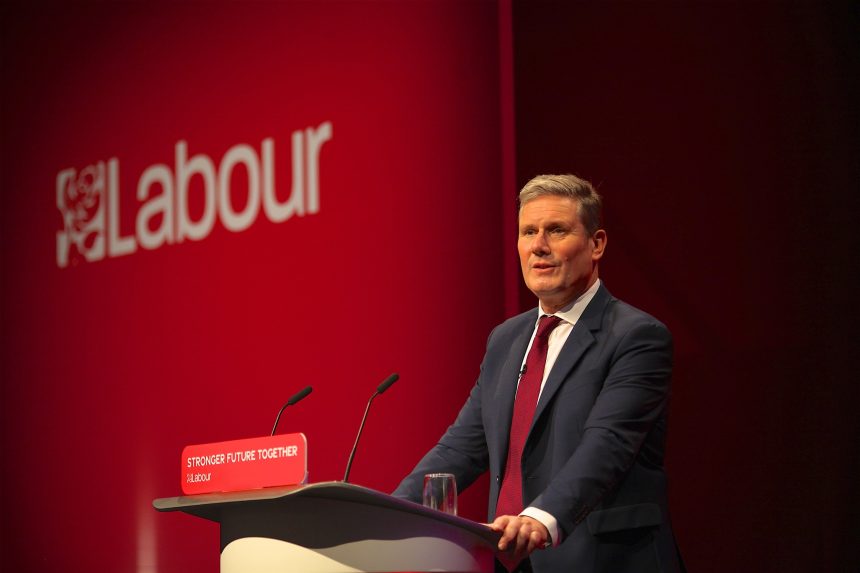Coach and bus industry stakeholders have congratulated Keir Starmer on the Labour party’s general election victory, but those representing the sector wasted no time in calling upon the new government to work collaboratively with it to deliver growth and certainty.
Trade body RHA says that it looks forward to engaging with Labour and adds that there “are a range of policies outlined in our manifesto that we will be looking for the new government to bring forward.”
The Association adds that mounting cost pressures and uncertainty faced by the areas of road transport that it represents, including coach operators, are things “which we must tackle.” RHA has long called for reform of the Apprenticeship Levy, a move that Labour committed to in its manifesto.
Confederation of Passenger Transport (CPT) CEO Graham Vidler has highlighted the contribution that can be made by coach and bus to areas including decarbonisation and economic growth, with the latter forming a major part of Labour’s fiscal calculations.
Mr Vidler adds that the sector can also help with inflation reduction and targets for modal shift to sustainable means of transport.
On bus, he says that a stable funding outlook in England “will be critical” and that “immediate action” is required to prevent a hard and damaging end to the £2 bus fare cap at the close of 2024.
CPT is committed to working with ministers and local transport authorities (LTAs) “to share lessons from the early adopters of bus franchising,” Mr Vidler continues. Key to Labour’s policy approach to bus services in England is greater LTA control where desired, although the Confederation notes that many authorities will wish to retain a partnership model.
For coach, CPT has called upon the Labour government to ensure that the Schengen area EU Entry/Exit System does not damage the viability of international journeys, and for LTAs to receive clear guidance on giving coaches fair access to all areas, including Clean Air Zones.
“To address persistent shortages of coach and bus drivers, ministers are urged to deliver promptly the proposals about driver training made earlier this year by the Department for Transport, and to ensure the future of the sector, we encourage them to work with us to develop and bring forward an effective national workforce strategy,” Mr Vidler concludes.
Battery-electric repower specialists Equipmake and KleanDrive also quickly weighed in on the change in government. Both want Labour ministers to incentivise such a route to decarbonisation and have cited the cost-effectiveness of doing so.
To that end, KleanDrive CEO Joe Tighe says that the Zero Emission Bus Regional Areas scheme in England must be rapidly reassessed to support repower, although he notes that “the government has limited funds but big ambitions.”
Equipmake CEO Ian Foley says similar, adding that technology for repower is already present and support for the process would “provide the UK bus industry with a much-needed shot in the arm in addition to delivering the transition away from diesel faster.”
Mr Foley has also called on Labour to reinstate the previous commitment to ending sales of new diesel and petrol cars in 2030, a date that was pushed back to 2035 by the previous government.
The naming of ministers relevant to the coach and bus industry was awaited at the time of writing.



























